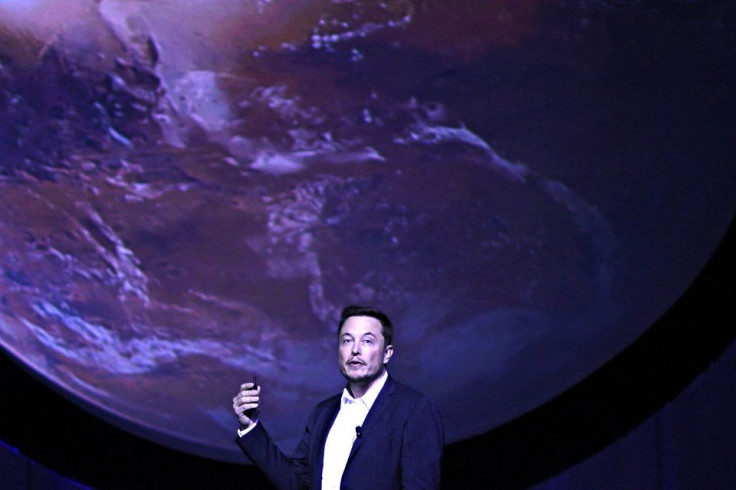Study warns of brain damage for Mars-bound astronauts

Rats exposed by scientists from the University of California, Irvine, to charged particles suffered from brain damage, neural inflammation and impaired memory. Humans who aspire to travel to Mars could be exposed to harmful space radiation and also experience brain damage.
Charles Limoli, professor of radiation oncology at the university, says space environment has unique hazards to astronauts. Being exposed to these particles could result in a range of potential central nervous system complications which could happen during and persist long after their actual space travel, FoxNew reports.
The complications include various performance decrements, memory deficits, anxiety, depression and impaired decision-making. But while on Earth, the planet’s magnetosphere protects humans from cosmic radiation which is why experts advise people there is no need to turn off their mobile phones early in the morning due to cosmic rays from Mars.
Radiation could also lead to more anxiety, based on “fear of extinction” the rats showed. “Deficits in fear extinction could make you prone to anxiety which could become problematic over the course of a three-year trip to and from Mars,” Limoli explains.
The National Aeronautics and Space Administration is planning to launch an unscrewed Mars InSight mission in 2018, a next-gen Martian rover in 2020 and a manned mission in the 2030s. SpaceX founder Elon Musk plans to deploy people and colonise the Red Planet.
The rodents that were exposed to cosmic radiation showed persistent hippocampal and cortical-based performance decrements, using six independent behavioural tasks administered between separate groups 12 and 24 weeks after irradiation, says the study published in Nature.
VIDEO: Confirmed: Mars Travel Has Huge Radiation Problem
Source: David Pakman Show




















